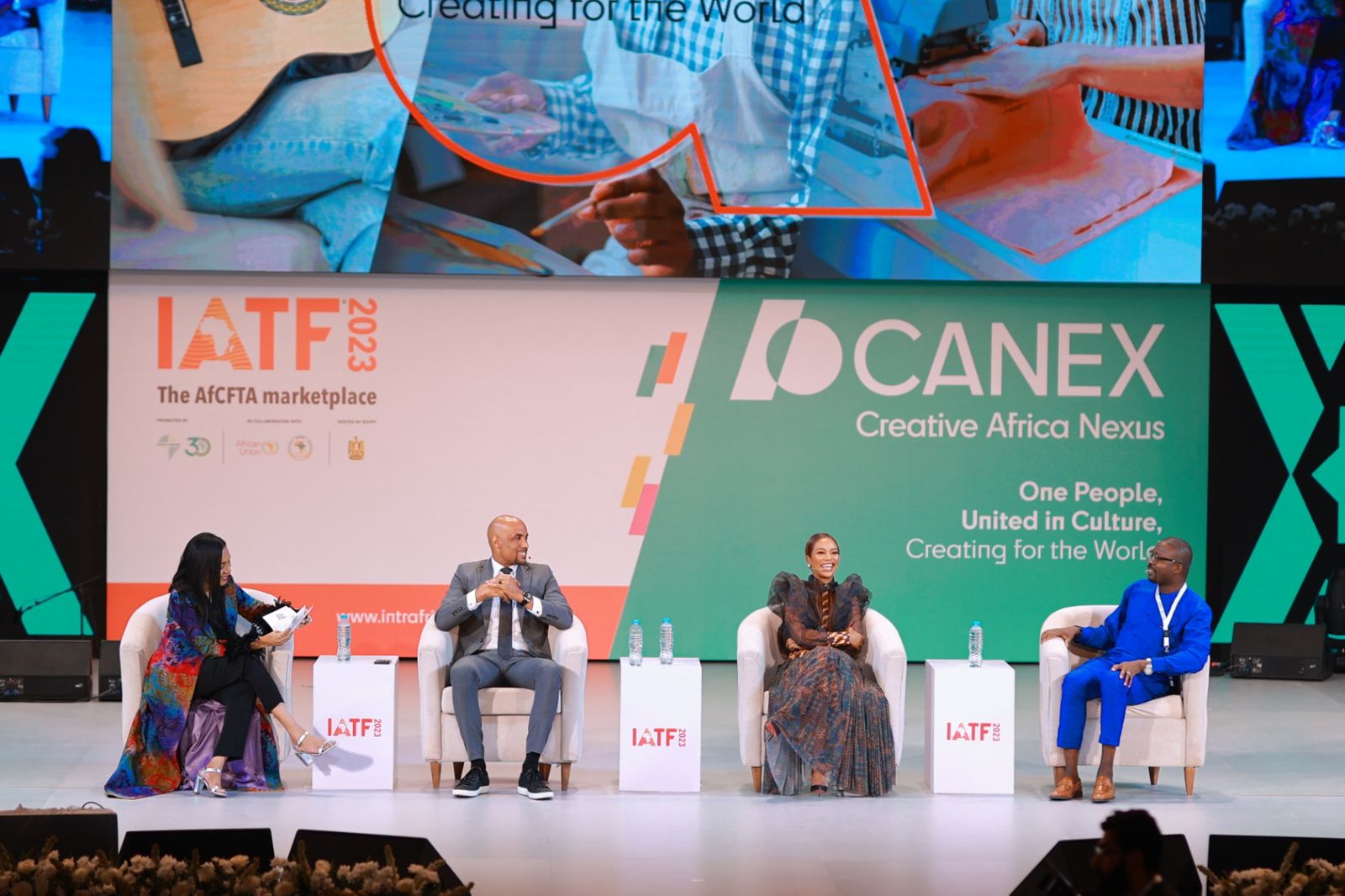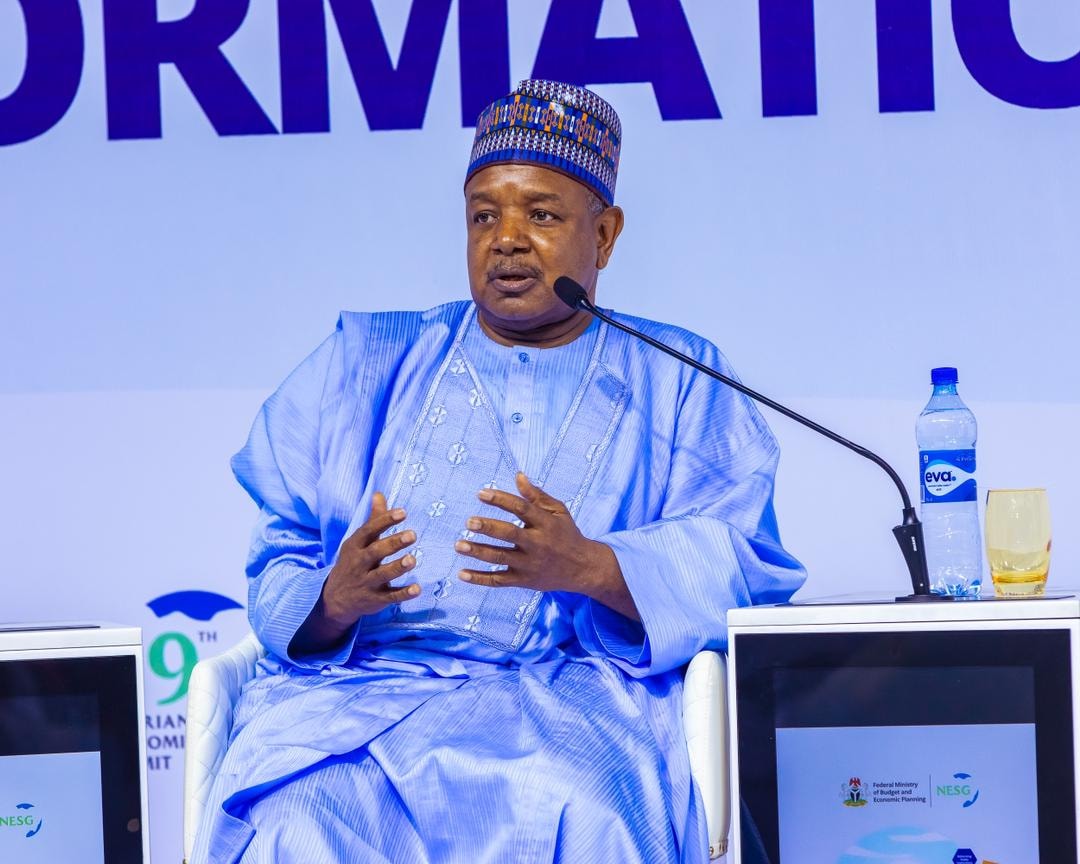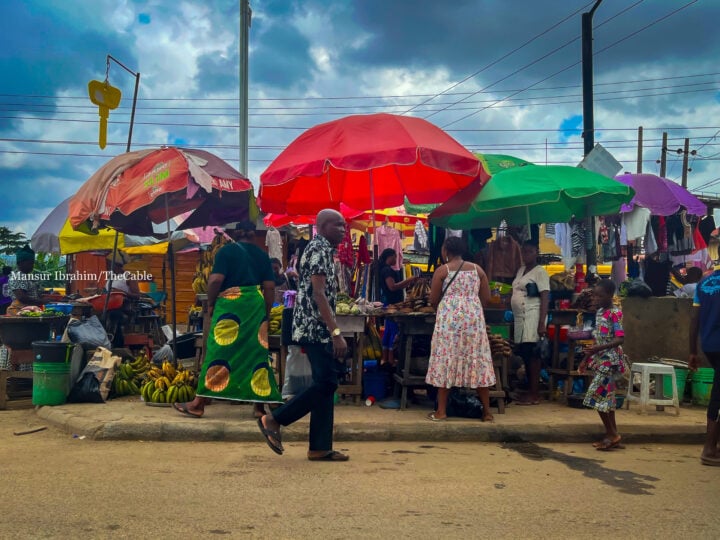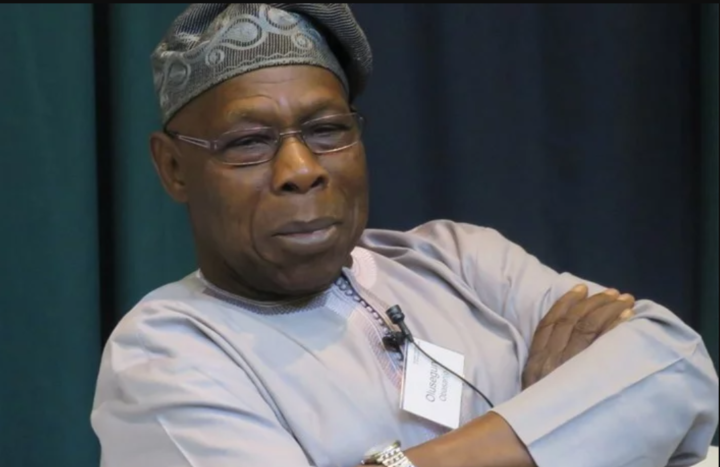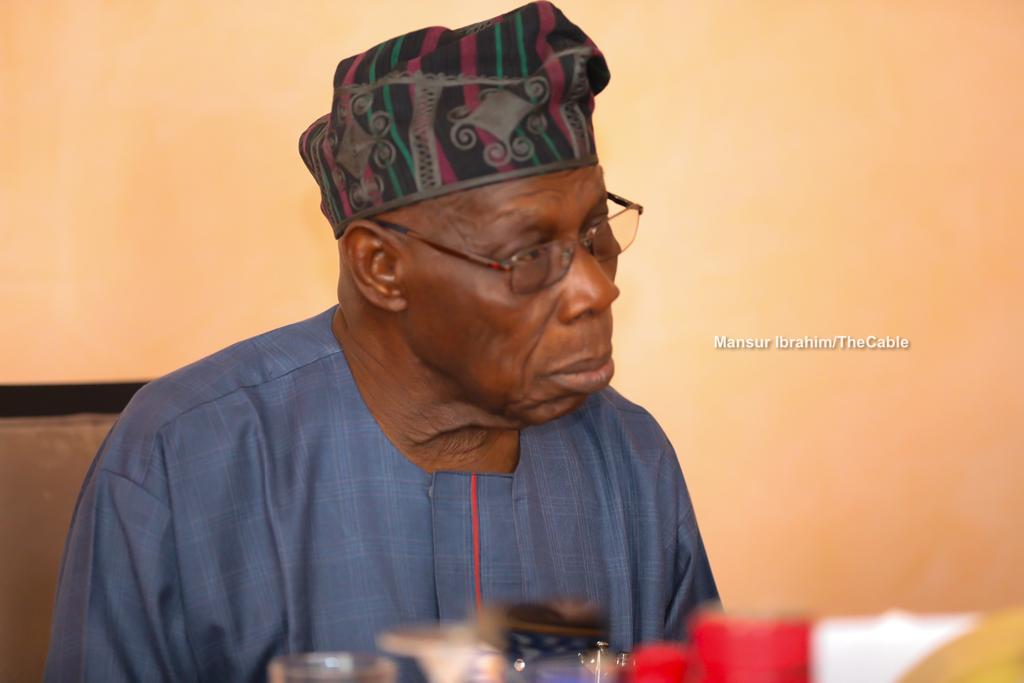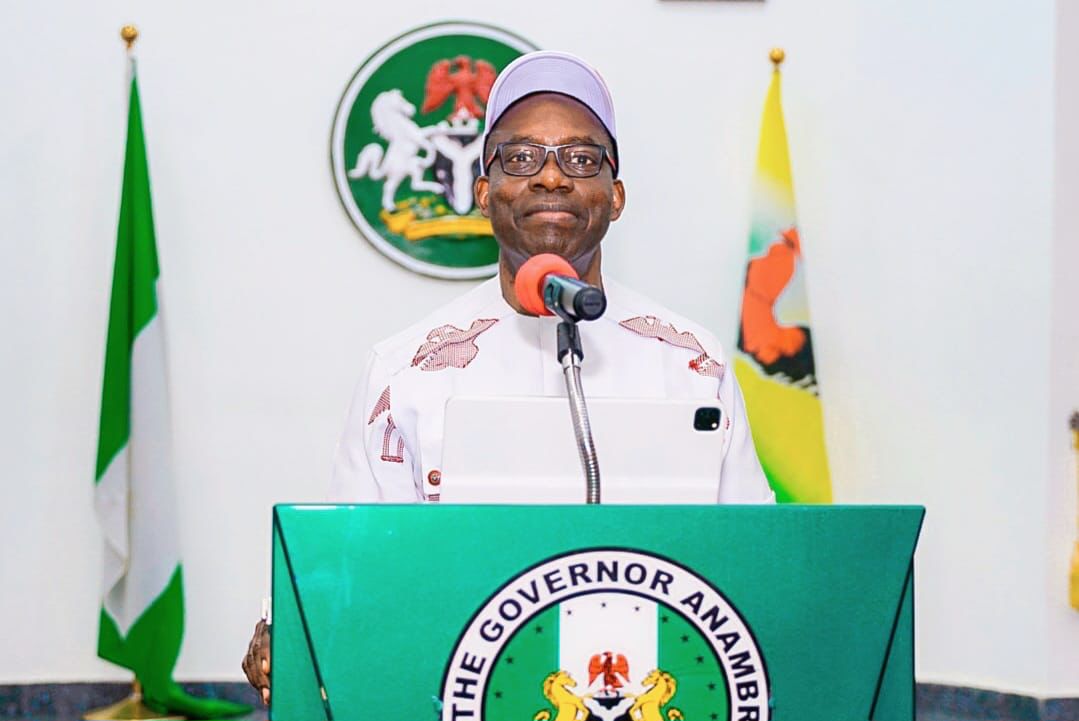“For whosoever commands the sea commands the trade; whosoever commands the trade of the world commands the riches of the world, and consequently the world itself,”. Walter Raleigh (1829).
At the recently concluded third Intra-African Trade Fair (IATF) 2023 of Nov 9 -15, 2023, organised by African Export-Import Bank (Afreximbank) with the theme ‘Connecting African Markets’, the need for policies and practical efforts to address some of the pressing socioeconomic challenges in the continent, especially low intra-African trade, were once again highlighted. As logistics provide praxis for trade, attaining the desired objective of sustainably increasing connection among African markets, will therefore require attention on shipping lines that can effectively connect African markets. Deducing from Walter Raleigh’s quote, Africa has to command the African seas, if Africa is to command African trade.
And what is the connection between shipping lines and the IATF, also known as African Continental Free Trade Agreement (AfCFTA) Marketplace, organised by Afreximbank, alongside the African Union and AfCFTA Secretariat?
The answer lies in effective trade, especially within the continent. Trade is effective when payment has been made, and then delivery done. The challenges of intra-regional trade in Africa have largely centered on these two factors- payment and the logistics for delivery. For delivery, it is important to note that over 90 percent of global trade is maritime based according to the World Bank, hence the importance of shipping for trade in Africa.
Advertisement
Afreximbank led by Benedict Oramah, a Professor of International Trade and Finance, has been active in addressing issues around economic development and trade facilitation within the continent. He has successfully championed the commencement of the Pan–African Payment & Settlement System (PAPSS), with Mike Ogbalu as CEO, which is designed to address challenges with intra-African payment. There are 42 different non-convertible currencies on the continent simultaneously, while intra-African trade remains low at 18.2 per cent or $169.7 billion in 2021. This is in comparison with the continents trade with America at 47 percent, Asia at 61 percent and Europe at 67 percent. Prior to PAPSS, the Society for Worldwide Interbank Financial Telecommunication (SWIFT) was the main platform for African banks to conduct cross-border financial transactions, leading to an estimated loss of about $5 billion annually, thereby making intra-African trade inefficient. Intra-regional payments can sometimes take up to 2 weeks, if at all successful.
Therefore, a strategic reading of the scenario will further reveal why effective shipping logistics are important. As PAPSS is resolving payment challenges, the next challenge becomes- how do businesses in Africa effectively send their goods and services to buyers and sellers within the continent?
To understand the challenge of delivery after payment– which makes trade effective, it becomes necessary to evaluate the condition of shipping linkages in the continent, especially as over 90 percent of trade is maritime based. From the Liner Shipping Connectivity Index (LSCI) published by the United Nations Conference on Trade and Development (UNCTAD), which measures how well countries are connected to global shipping networks based on the status of their maritime transport links, African countries are poorly ranked. The low rank of Africa countries on the LSCI, is an indicator of a continent’s position within the global liner shipping networks, and helps explain the challenge of low intra-African and inter-African trade.
Advertisement
The absence of adequate shipping lines within the continent therefore remains one of the major constraints to intra-African trade. Many African companies that trade within the continent, have their cargo for other African countries sent to destinations outside the continent, before final delivery. This has negative implications on competitiveness, cost and quality, and discourages intra-Africantrade. This is similar to the payment situation, before PAPSS was introduced. However, the capacity and performance demonstrated by Afreximbank with PAPSS, and on other initiatives, makes it best positioned to addressing the shipping constraints for intra-African trade.
There are some more sectoral examples that amplify the need for a continental shipping line. In 2019, at least US$16 billion worth of used vehicles were imported into Africa, with a substantial number coming with outdated technology that increases outdoor air pollution, causes several respiratory diseases and somewhat constrains the market space of African carmakers. Some African carmakers such as Innoson Vehicle Manufacturing (IVM) located at Nnewi, Nigeria, have complained about their inability to export IVM cars to over 14 African countries where they have orders, due to the absence of shipping lines that hinder intra-African trade. For the African countries that IVM has successfully exported to, the ships first go to Europe, before getting to Africa, increasing cost and time, and negatively impacting the competitiveness of African technology products.
What then will an Afreximbank supported African Shipping Line look like?
Afreximbank is a well-resourced multilateral organisation with human and material resources for actualizing grand economic ideas. But some propositions can be attempted.
Advertisement
Afreximbank can finance the establishment of an ‘Africa Shipping Line’, with a mandate to effectively and efficiently connect all African countries, including landlocked countries. The proposed shipping line will ensure service coverage of underserved and non-served locations, ports and countries in the continent, but in an efficient manner that makes business and economic sense. Some level of code sharing and partnership will be enabled, in a manner that ensures existing Africa shipping companies are not crowded out. Provision can be made for existing African shipping companies to join efforts with the shipping line, through a franchise arrangement. The proposed Shipping Line will be managed by an experienced maritime management team, in accordance with private sector leanings, and no government interference.
Ownership structure for the proposed African Shipping Line can be through shareholding for all African countries, funded either through paid-up capital, or debt financing. The debt of countries that fund their shareholding through debt equity, will be paid from the profit dividend that accrues to such countries. Also, comprehensive logistics arrangements will be made for the 16 landlocked African countries, through accompanying rail and road agreements. The comprehensive arrangement for load factor across unserved and underserved African locations, provides economies of scale for more business feasibility of the proposed shipping line.
And there are existing and institutional resources within Afreximbank, that can support the proposed Africa Shipping Line. They include the Intra-African Trade Advisory Council (IATAC), chaired by Olusegun Obasanjo, leading pan-Africanist and former President of Nigeria. Obasanjo as Nigeria’s Head of State between 1976 – 79, significantly revived the Nigerian National Shipping Line (NNSL) in 1977, through the procurement of 19 new vessels. NNSL had 24 oceangoing ships by 1979, when he completed his then tenure. His experience and advisory support on how government managed shipping companies tried to manage the vagaries of government management, financial factors and geopolitics, will come in very handy, for the proposed African Shipping Line.
To add that there are existing financing frameworks in some African countries, that can provide leverage and enhance the efficient commencement of the proposed shipping line. In Nigeria, Africa’slargest economy and most populous country, there is the Cabotage Vessel Finance Fund with about $700m, which has accrued from the Coastal and Inland Shipping (Cabotage) Act 2003. The Cabotage Fund, which aims to develop indigenous ship acquisition capacity, and to provide financial support to indigenous coastal shipping operators, is a viable collaborative option. That Nigeria established a Ministry of Marine and Blue Economy in 2023, provides additional policy fillip for this proposition.
Advertisement
A continental shipping line and arrangement, further provides Afreximbank a platform to engage the Customs Services of all African countries, in a manner that ensures compliance with trade facilitation approaches, which enhances intra-African trade, economic competitiveness and sustainable economic development of all African countries. The World Customs Organisation and Trade Facilitation Agreement of the World Trade Organisation, can provide guiding frameworks for improving trade facilitation within the continent, by Afreximbank.
When the trade facilitation performance of African countries is measured through the Logistics Performance Index (LPI) of the World Bank, Container Port Performance Index (CPPI) of the World Bank, and the Trade Facilitation Indicators (TFI) of the OECD, some correlation can be established between LSCI and trade facilitation ranking of African countries. Who knows, there may be some level of causality. Afreximbank under the leadership of Prof Oramah has indeed facilitated programs and funding frameworks designed to effectively enhance economic development, agriculture, infrastructure, healthcare and energy across Africa. Enhancing trade facilitation will be a worthy addition in that regard.
Advertisement
The expansive development work that Afreximbank, especially under the leadership of Oramah has been doing, aligns with the Renascent Africa philosophy of the Pan-Africanist Dr. Nnamdi Azikiwe, in particular economic determinism, and social regeneration. This boosts the confidence and capacity of the continent, while factoringthe variation in sizes of the different 55 African countries, including the 16 landlocked ones. It is perhaps a good coincidence that IATF2023 took place same week as the birthday anniversary of Azikiwe, which is November 16.
It is important to reiterate that over 90 percent of global trade is maritime based, and ‘whosoever commands the sea commands the trade’. If the objectives of effective socioeconomic Africanintegration, AU Agenda 2063, AfCFTA and IATF2023 that attracted over 1,600 exhibitors and 35,000 visitors and buyers– are to be attained, then there is need for efficient and effective shipping services within Africa. In trade, after payment comes delivery. Afreximbank led by Prof. Benedict Oramah, has demonstrated capacity in addressing key trading issues within the continent, such as through PAPSS for efficient payment. Next on the line from Afreximbank, should be an African Shipping Line, that effectively and efficiently serves African countries, as a means of commanding trade in Africa. And hopefully, exhibitors and buyers at the fourth Intra-African Trade Fair at Algeria in 2025, will have their products shipped an delivered by ‘African Shipping Line’.
Advertisement
Dr Uwanaka writes from African University of Science and Technology, Abuja. chukwe[email protected]
Advertisement
Views expressed by contributors are strictly personal and not of TheCable.

